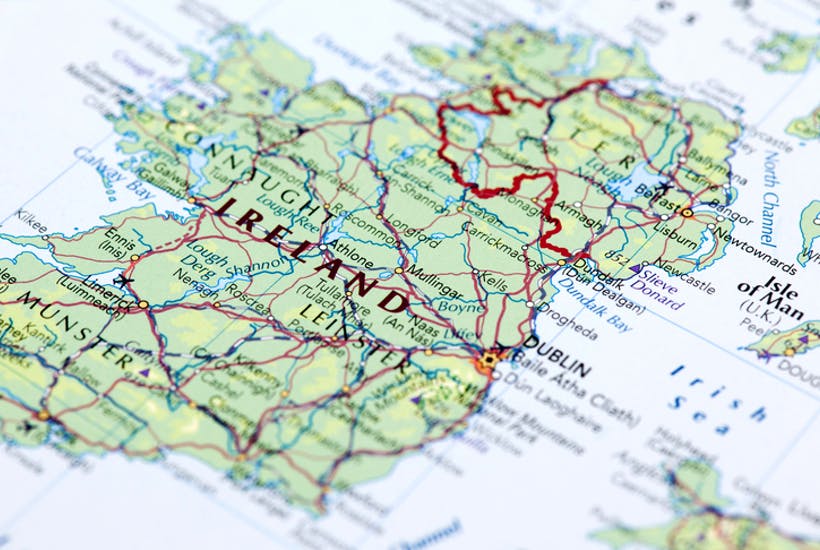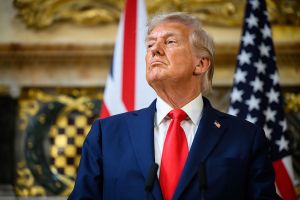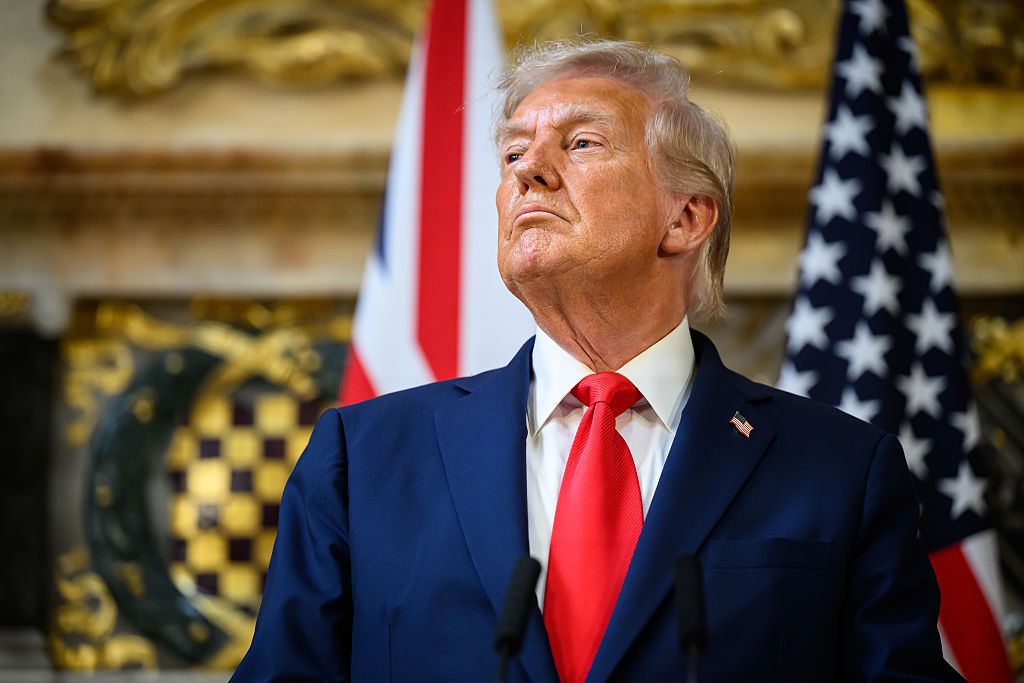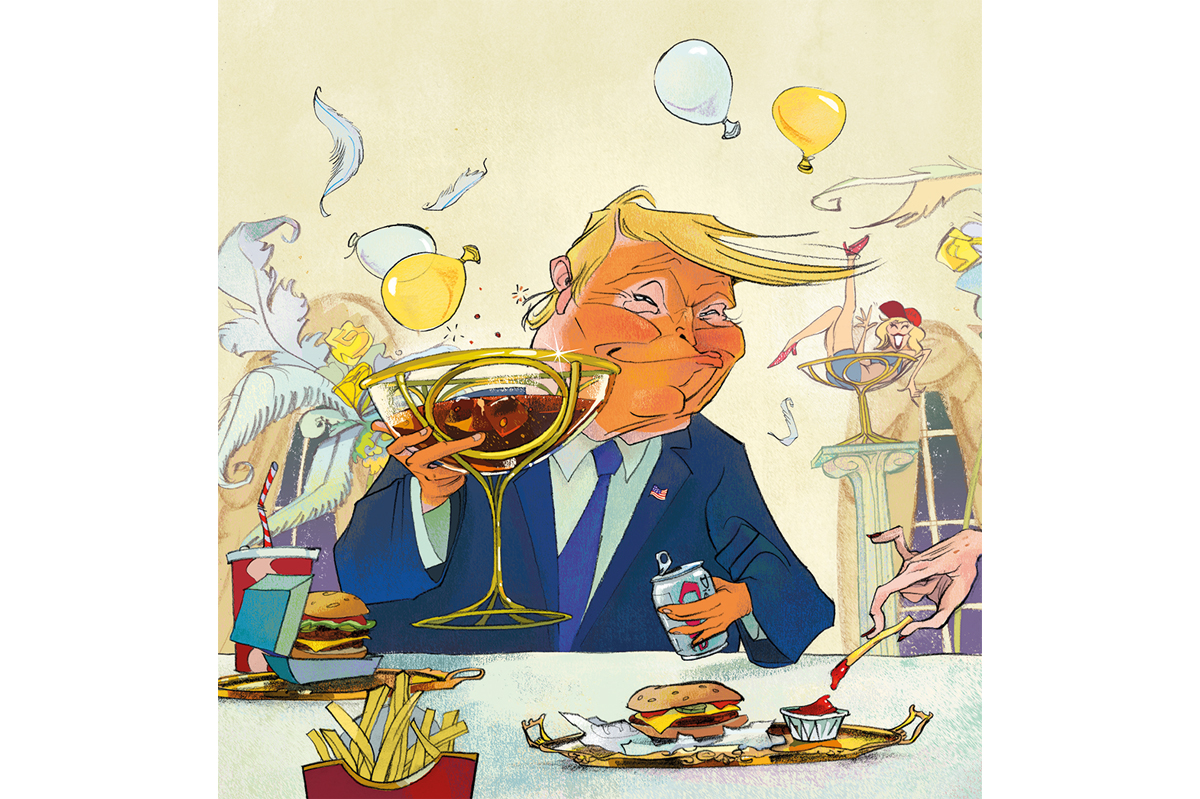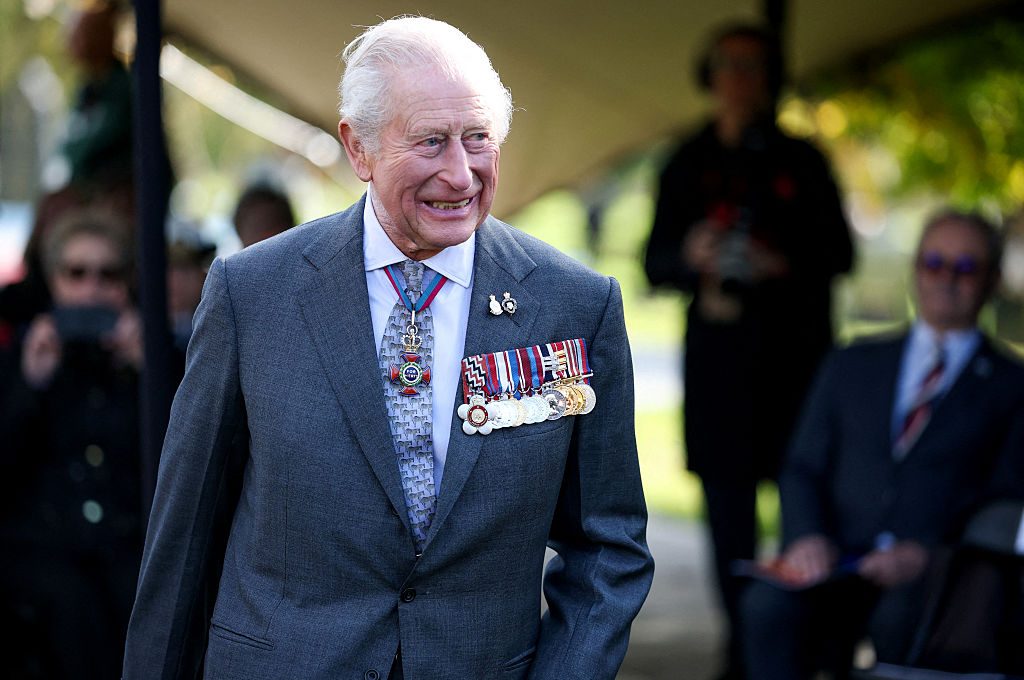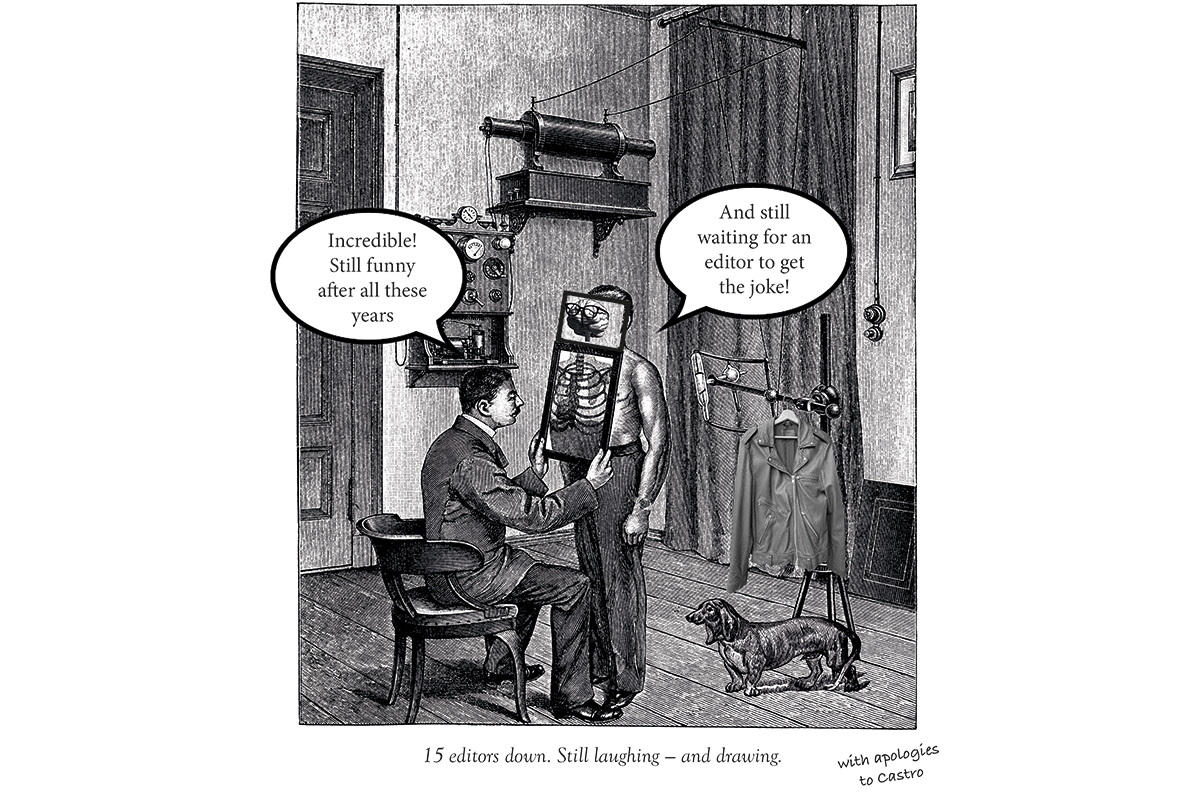Would it really be so terrible if there were checks at the Irish Sea instead of at the border between Northern Ireland and Ireland? Such checks could be carried out without threatening the constitutional status of Northern Ireland as part of the UK.
Some say that there should be no differences between Northern Ireland and the rest of the UK but there are already differences of the most fundamental kind. The Belfast Agreement accepts that if the majority of people in Northern Ireland vote to join the republic then the UK government will not stand in their way. There is also a British-Irish Council which gives the Irish Government a role in policy making north of the border.
Northern Ireland already has special status and it is only because we in the UK have given it a unique position that additional checks at the border are necessary. When we leave the EU, the relaxed border will no longer mark the division between two EU members but between the EU and a third country.
Michel Barnier explained his fears in the clearest terms to the House of Lords Select Committee on the European Union on Tuesday 17 July 2018. This is a lengthy quotation, but it needs to be long to understand exactly where he is coming from:
‘If we want to maintain the status quo for goods crossing the border, we need solutions that respect the integrity of the single market. For this, we need to deal with two types of checks. The first is regulatory compliance checks, which exist to protect the health and security of EU consumers and to ensure food safety and animal health. Most such controls concern veterinary checks and checks on plant health rules. These checks, as you know, already exist between Northern Ireland and the rest of the UK, albeit to a smaller extent. For example, livestock entering Northern Ireland from the rest of the UK is checked at Larne and Belfast port. Our backstop proposal would see a limited set of EU rules continue to apply in Northern Ireland for industrial and agri-food products. That would allow us to move the controls from the land border to the ports and airports of the island of Ireland. That is the first type of check: regulatory compliance.
The second is customs controls, which are carried out at the external border of the EU’s customs union, so we know which goods enter the EU to collect duties and to implement security and safety measures; for instance, against smuggling or counterfeiting. The EU and the UK have jointly agreed to protect the all-island economy, but imposing customs declarations on small and micro-businesses would place a burden on them and could harm their regular cross-border activities. In order to avoid the need for such controls at our border, the EU’s proposed backstop would move them to the ports and airports and to entry points to the island of Ireland and elsewhere.
We are not asking for any new borders between Northern Ireland and the rest of the UK—never. All or parts of the backstop can be replaced by an agreement on the future EU-UK relationship that addresses this specific issue of the Northern Ireland/Ireland border. We all need to de-dramatise this backstop. Ultimately, we are talking only about technical controls on goods—no more, no less. The solution we have proposed is specific to the unique circumstances of Ireland and Northern Ireland, as the European Council and President Tusk have always made clear and as the UK itself has recognised.’
It could not be clearer that the EU wants to make sure that food safety and animal health rules are not circumvented by relaxed border controls and that smuggling and counterfeiting cannot easily increase. These concerns are not invented. There is already a problem of smuggling in cigarettes, pharmaceuticals, alcohol and fuel. Diesel fuel, for example, is dyed green in the republic and red north of the border to discourage smuggling. It was recently discovered that some smugglers had learnt how to remove the dyes and so a different chemical had to be used.
The Irish border is relaxed to uphold good cross-border relations but it is already established fact that arrangements designed to avoid sectarian tension are being exploited as camouflage for smuggling and counterfeiting. The desire of the EU to prevent an increase is fully justified. Extra checks at Northern Ireland’s sea ports and airports would be perfectly reasonable as a sign of our good faith.
It is folly for the British Government to allow the narrowly-defined interests of the 1.8 million people in Northern Ireland to get in the way of a Canada-style free trade agreement for all 65 million UK citizens. Checks at the Irish Sea do not threaten the union of the UK and Northern Ireland. They should be seen as signs of our good will towards the other peoples of Europe. The EU has a legitimate interest in upholding its rules on food safety and animal health, and a valid interest in preventing smuggling and counterfeiting. We would simply be carrying out additional checks to ensure that the initial checks at the Irish border had not been abused on an even grander scale than they are at present.
I have drawn this conclusion as someone who voted against EEC membership in the 1975 referendum and who voted to leave in the 2016 referendum. Nor do I think we have anything to fear from trading on WTO terms, although a free trade agreement would be better.
The border issue is being exploited by Remainers to keep us in the customs union and tie our hands in perpetuity. We should not let the Irish border obstruct our march to freedom.
David G. Green is Director of Civitas
This article was originally published on The Spectator’s UK website.



